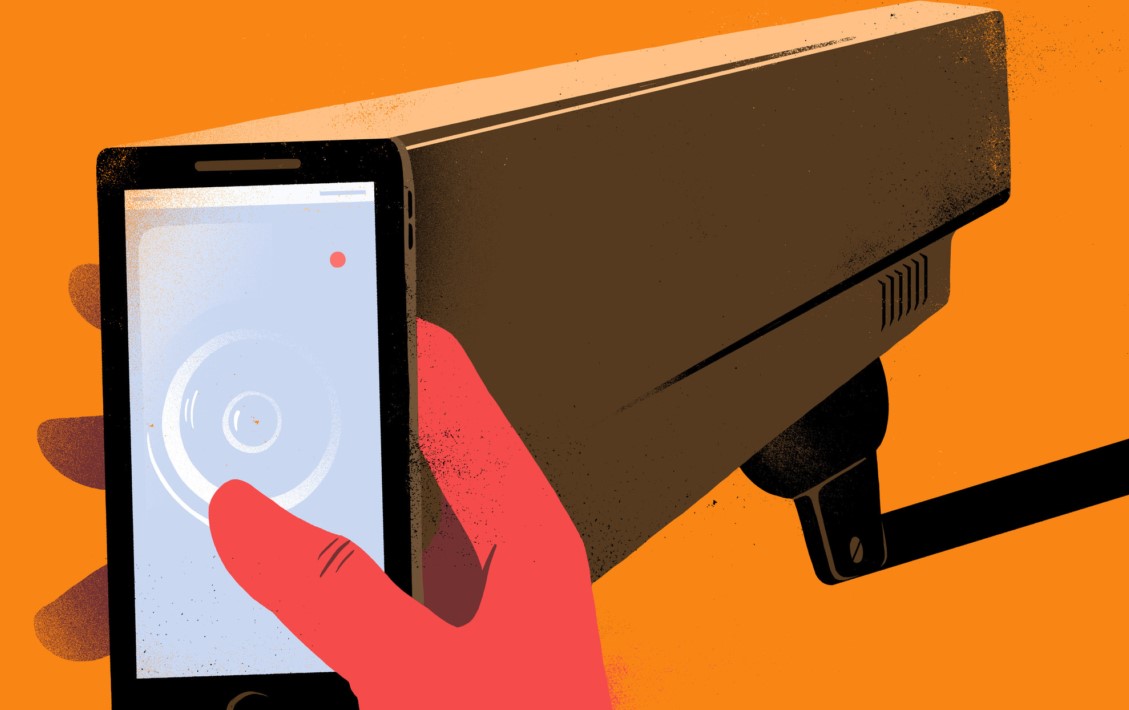On October 19, the International Forum for Democratic Studies and the Carnegie Endowment for International Peace hosted an online discussion to examine the critical issues surrounding digital repression. Members of the Digital Democracy Network, a diverse group of cutting-edge thinker-activists engaged in work on technology and politics, sat down to discuss how recent developments in technology and its governance are also presenting new opportunities for authoritarian abuse.
Throughout the discussion, each panelist spoke on a specific area of the evolving digital repression landscape, and its implications for democracies around the world.
Jan Rydzak, a human rights researcher and the Company and Investor Engagement Manager at Ranking Digital Rights, started off the discussion by speaking about internet shutdowns and their use by authoritarian governments to control their citizens.
“Shutdowns tend to arise as a culmination of the terrible journey of repressive tactics,” stated Rydzak who went onto add, “authorities are increasingly opting for using shutdowns in what I think is the most egregious way, which is as a smokescreen for bloodshed.”
Rydzak cited an Amnesty International report which identified that over 200 people were killed by security forces during Iran’s Bloody November protests which was accompanied by a complete internet blackout.
Senior researcher at the Citizen Lab Irene Poetranto spoke on the impacts of the COVID-19 pandemic on global surveillance trends. Poetranto stressed the dangers posed by contact tracing apps, which were created in haste during the start of the pandemic and not given adequate security and privacy assessments.
She went on to provide examples of apps launched in Indonesia and the Philippines that were launched by their respective governments that “had functionalities that were not disclosed as part of their privacy policy.”
“All of the efforts that different governments around the world are doing in the name of combatting the health crisis will end up resulting in a long-term human rights crisis,” asserted Poetranto, stressing the dangers these breaches to privacy and security pose to marginalized communities such as asylum seekers and migrant workers.
Arindrajit Basu, Research Lead at the Centre for Internet & Society, India, spoke on the issues surrounding the ideas of digital sovereignty and internet deregulation. Basu asserted that a completely deregulated internet is not best way to promote democracy: “a deregulated internet actually ends up concentrating power in the hands of a limited number of actors, especially in the private sector and that’s not necessarily a way to empower individuals and communities around the world.”
Basu went on to conclude, “sovereignty should be a way to safeguard the ideas in any constitution … a genuine vision of sovereignty and democracy of would put the human being at the center – the individuals and communities that need to be empowered.”

